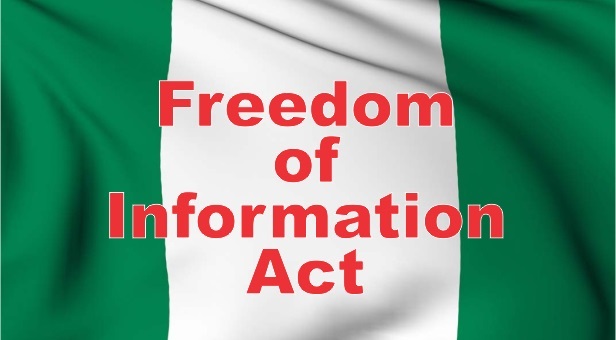By John Moses
Legal experts, civil society leaders, and media advocates have issued a renewed call for the robust implementation of Nigeria’s Freedom of Information (FOI) Act at state and local government levels, describing it as a vital step toward strengthening democratic accountability and combating systemic corruption.
The call came during a regional roundtable held in Benin City as part of the Strengthening Accountability and Governance in Nigeria Initiative (SAGNI), organised by the Centre for Transparency Advocacy (CTA).
Delivering the keynote address, Edo State’s Attorney-General and Commissioner for Justice, Mr Samson Osagie, emphasised the transformative power of transparency.
“Secrecy nurtures corruption. The antidote is open government, proactive information sharing, and institutional cooperation,” Osagie stated.
He urged ministries, departments, and agencies (MDAs) to embrace “proactive disclosure” by routinely publishing data on budgets, procurement processes, and public service delivery without waiting for formal requests.
Osagie further called for integrating FOI compliance into civil servants’ performance appraisals and simplifying the process of obtaining information for ordinary citizens.
“Let the FOI Act not just exist on paper, but operate boldly in practice,” he declared.
The FOI Act, enacted in 2011, grants Nigerians the right to request public information without demonstrating personal interest. However, uptake and compliance remain weak, particularly at sub-national levels.
In her opening remarks, CTA Executive Director Faith Nwadishi acknowledged progress but criticised ongoing resistance within public institutions. She cited a case where an agency demanded over ₦1.2 million (£650) to release documents that should be freely available.
“Some institutions even delegate FOI responses to private law firms—this is not only absurd, it erodes public trust,” she said.
Nwadishi hailed the 2024 Supreme Court ruling affirming that the FOI Act applies to all 36 states as a “landmark moment for national accountability.”
The event was supported by the Rule of Law and Anti-Corruption (RoLAC) Programme and the European Union, through International IDEA. As part of the initiative, CTA announced the relaunch of its FOI Service Delivery Awards and an upcoming hackathon to promote digital innovation in public information access.























